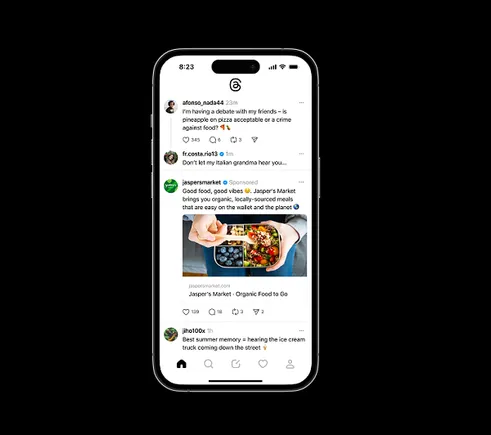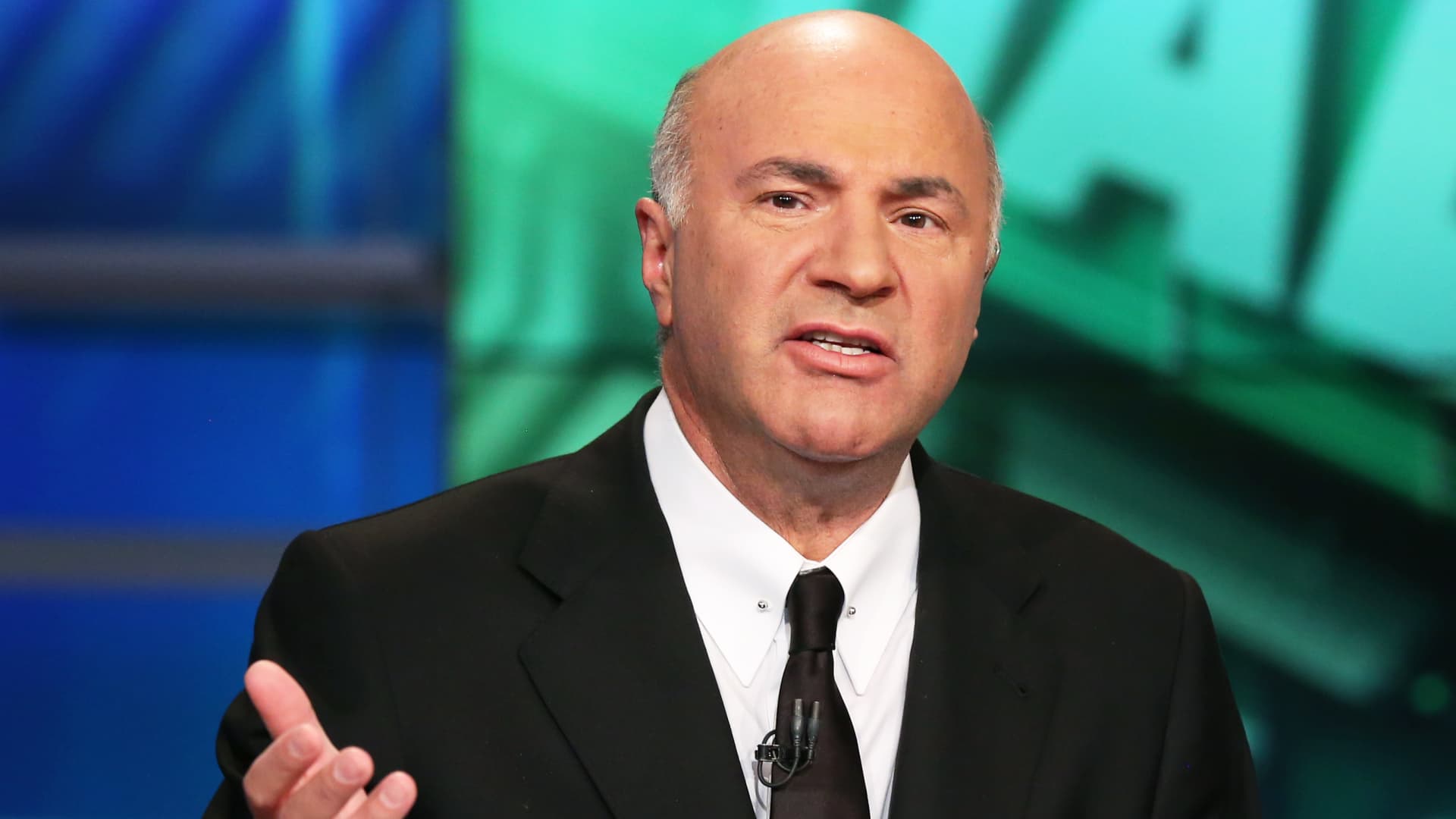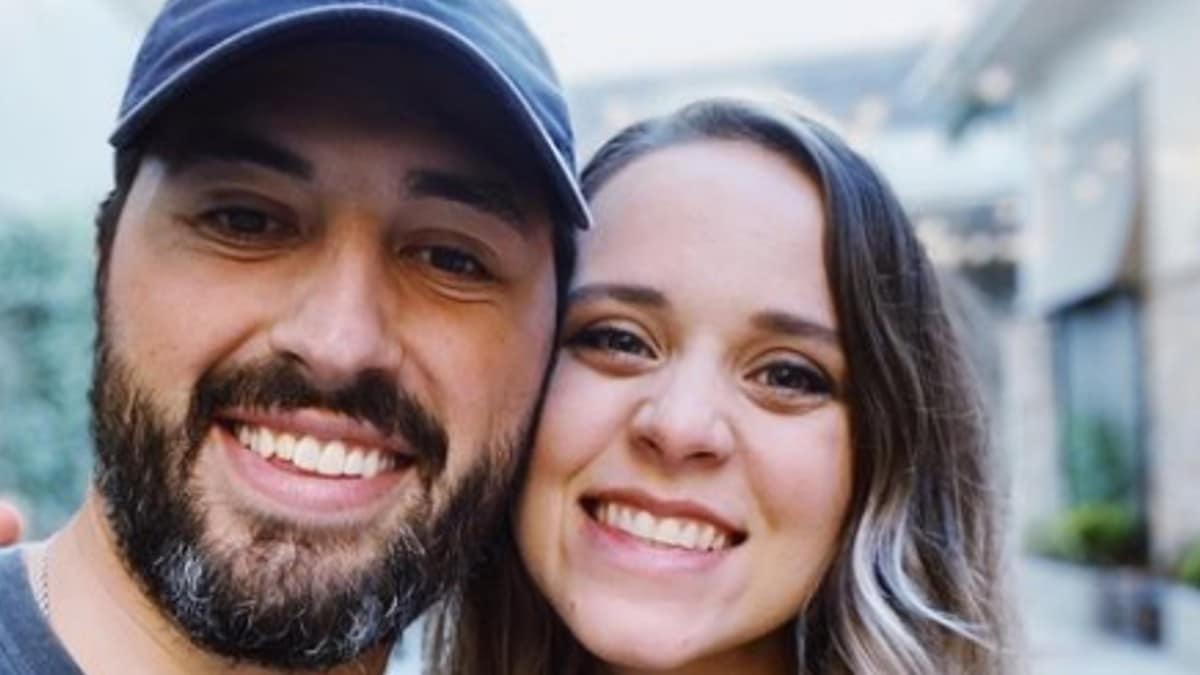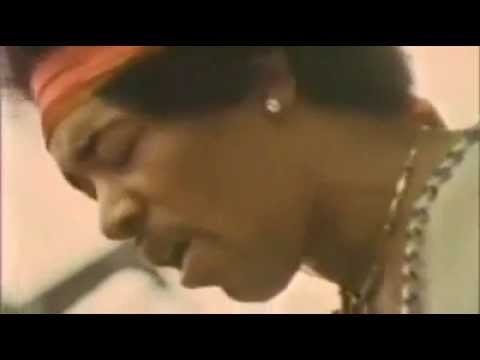Investors are “going to get hurt” if they’re in long duration bonds right now, says venture capitalist Kevin O’Leary.
His comments come hours after the Federal Reserve raised interest rates by 75 basis points — the central bank’s most aggressive hike since 1994.
“I wouldn’t be buying bonds here,” O’Leary, who is chairman at O’Leary Ventures, told CNBC’s “Squawk Box Asia” on Thursday.
“I’m not going to deploy capital at 3-and-a-quarter percent for 10 years. That’s a horrible return when the markets have traditionally given me 6-9%,” he said.
Right now, I favor equities, particularly the 100 companies within the S&P 500 that have very strong balance sheets
Kevin O’Leary
Chairman, O’Leary Ventures
“Is there anything on the fixed income scale that I think makes sense? Not yet,” O’Leary said.
“Right now, I favor equities, particularly the 100 companies within the S&P 500 that have very strong balance sheets. Very strong cashflows, distributing dividends that have not yet seen this so-called recession,” the investor said.
Global markets have tumbled in recent weeks as investors scramble for safety against a backdrop of growing concerns — from aggressive policy tightening in the U.S. to a global recession, and the economic impact of China’s prolonged lockdowns as Beijing continues to stick to its zero-Covid strategy.
On Wall Street, the S&P 500 slipped into bear market territory earlier this month, and remains down more than 20% so far this year.
For his part, O’Leary said he doesn’t see a “dramatic recession” ahead.
“There’s lots of naysayers, there’s lots of people talking about end of the free world as we know it, and darkness and all of that and the crypto collapse and yada yada yada,” said the “Shark Tank” investor.
“I’m not there because I deal with numbers each week, of what the consumer’s buying with the money they have, they’ve been given so much of it in the last three years.”
The economy remains strong and can sustain rate hikes by the U.S. central bank, according to O’Leary.
“If the Fed ended up at 4%, that’s still historically low. That’s not crazy and that’s what we’re talking about.”










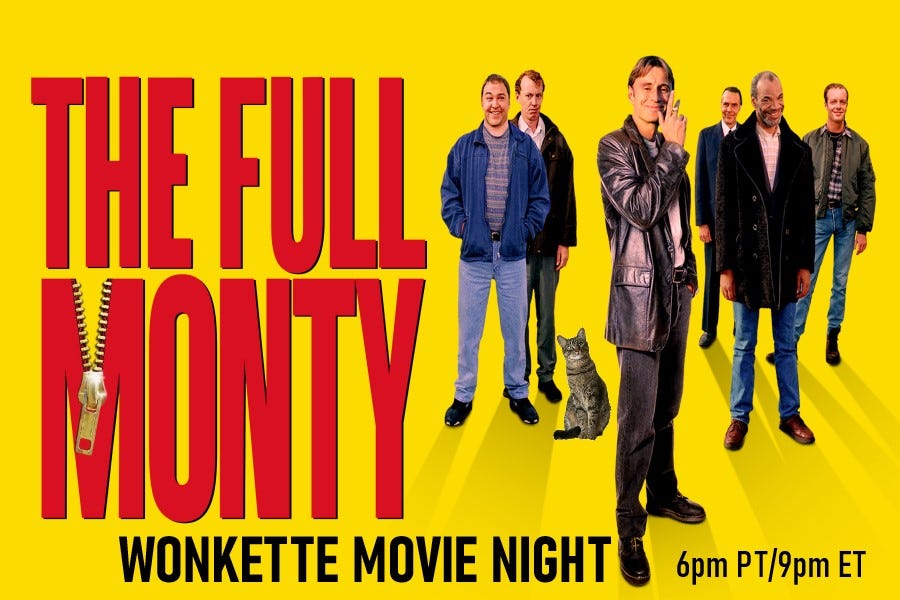
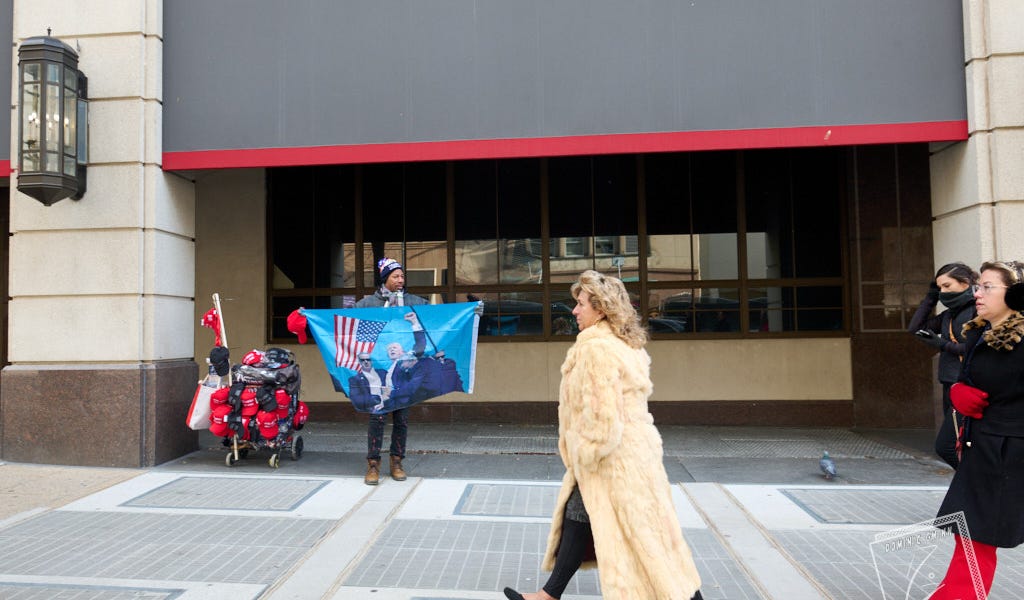





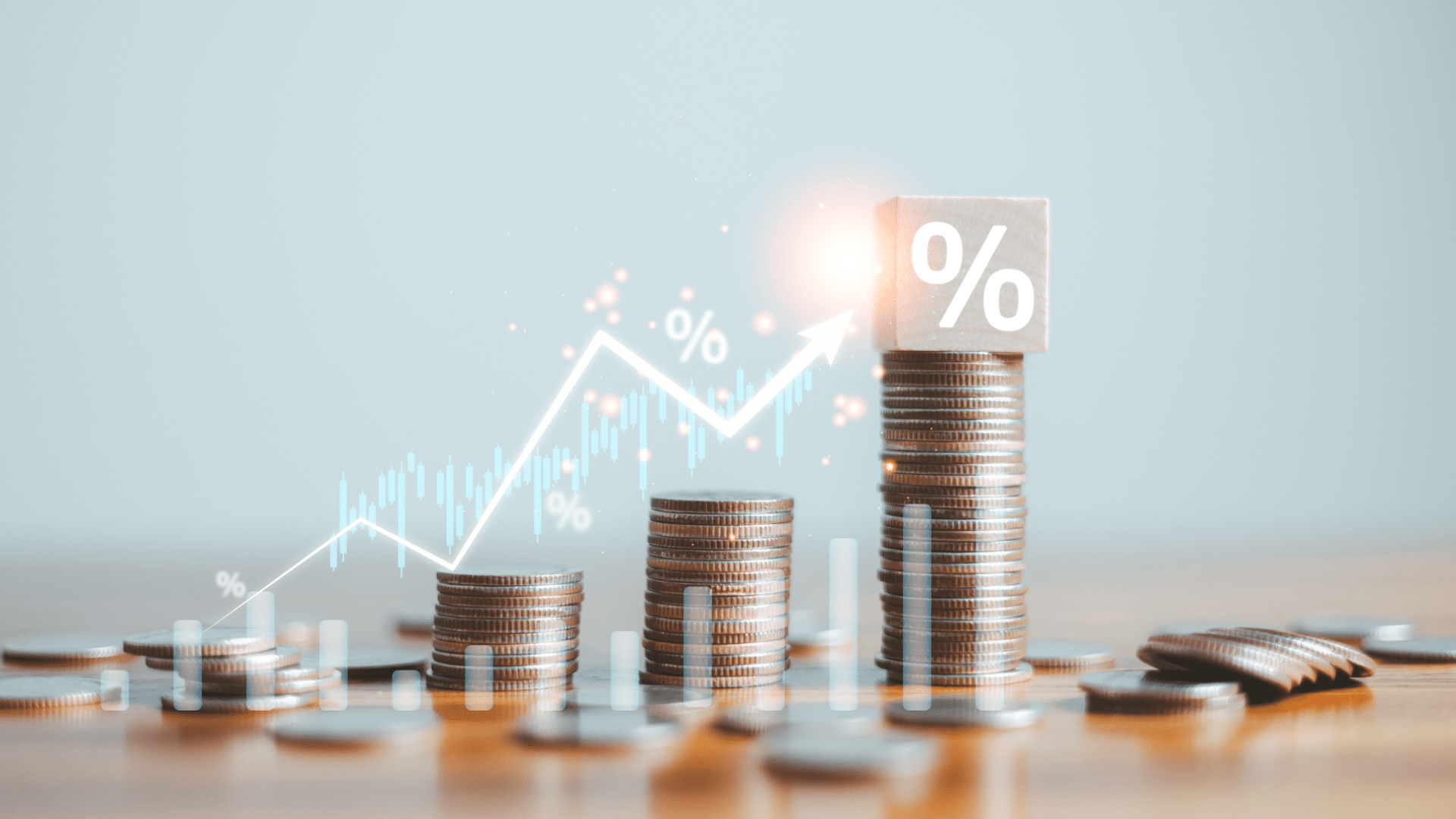

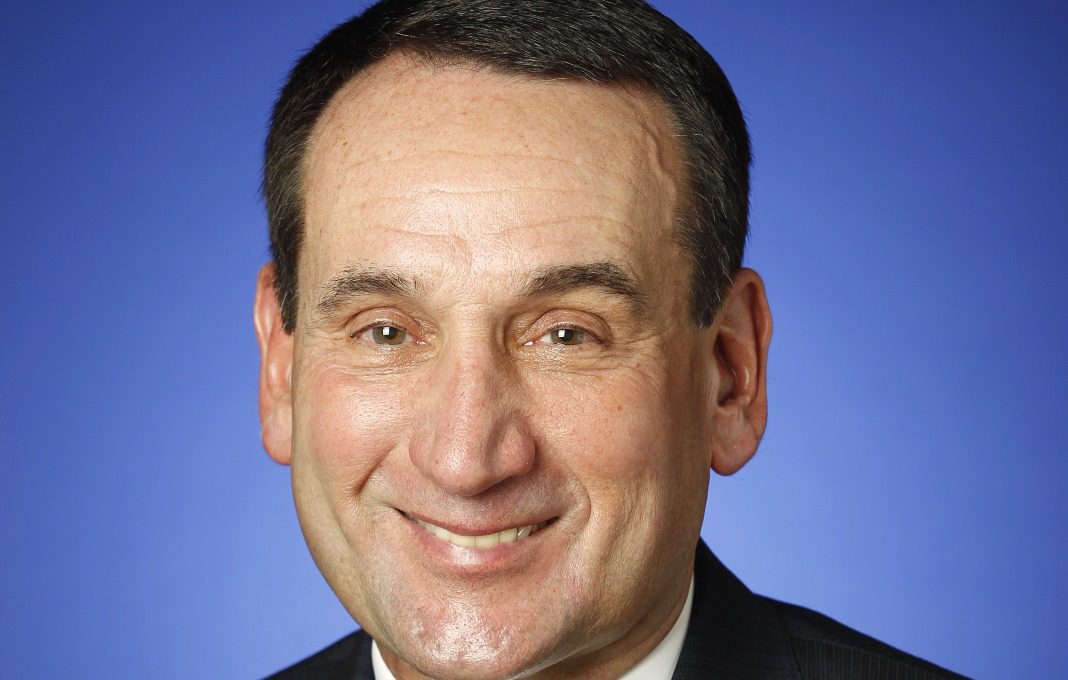


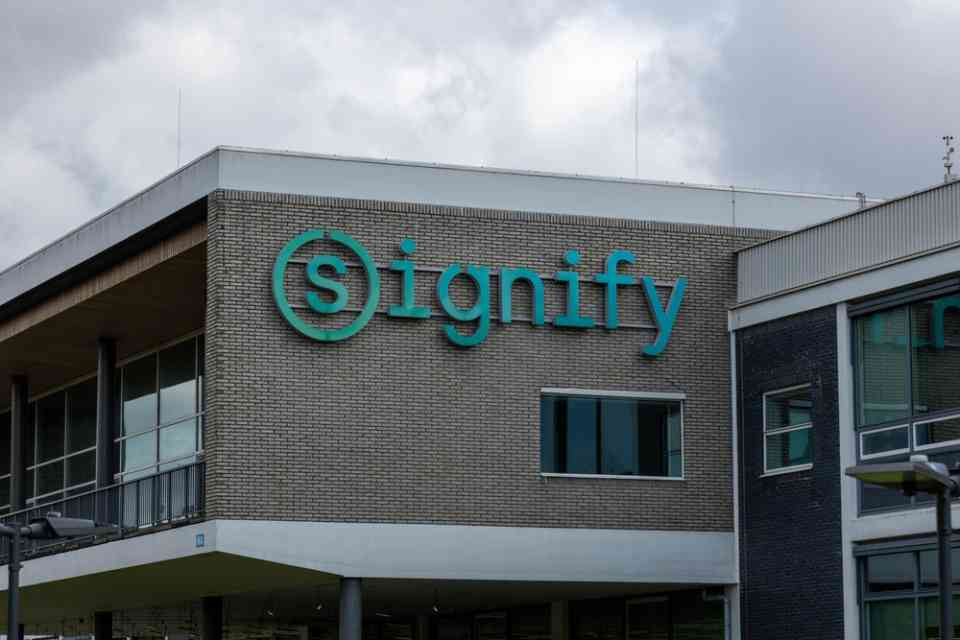





















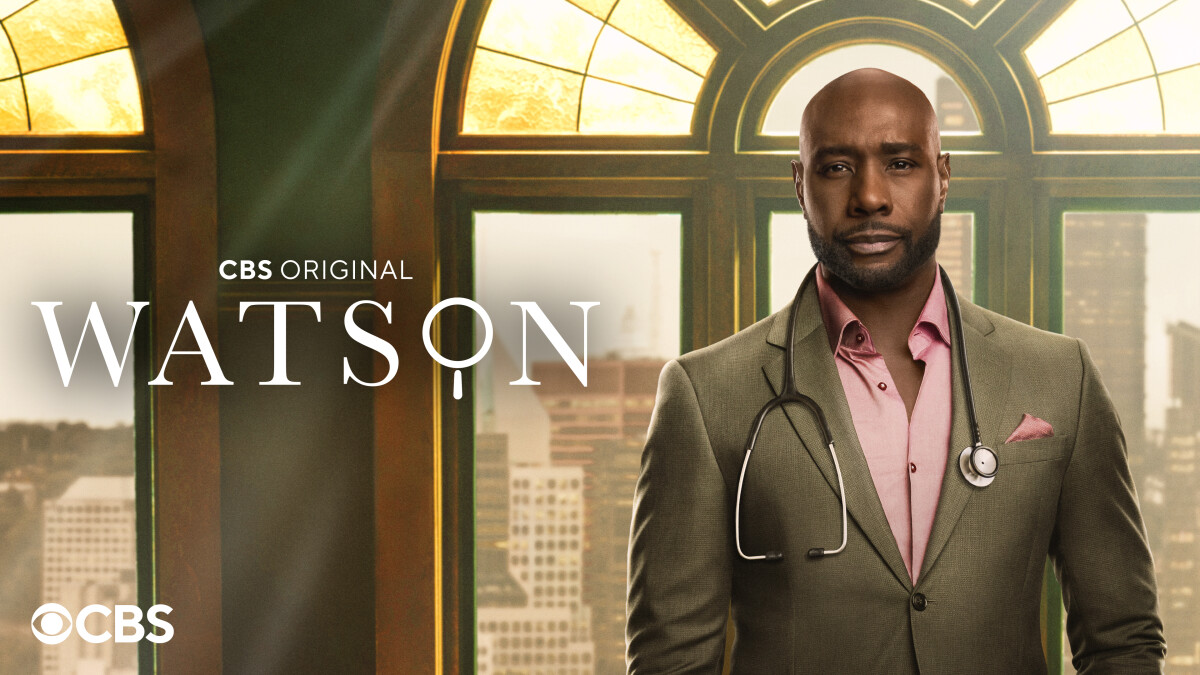
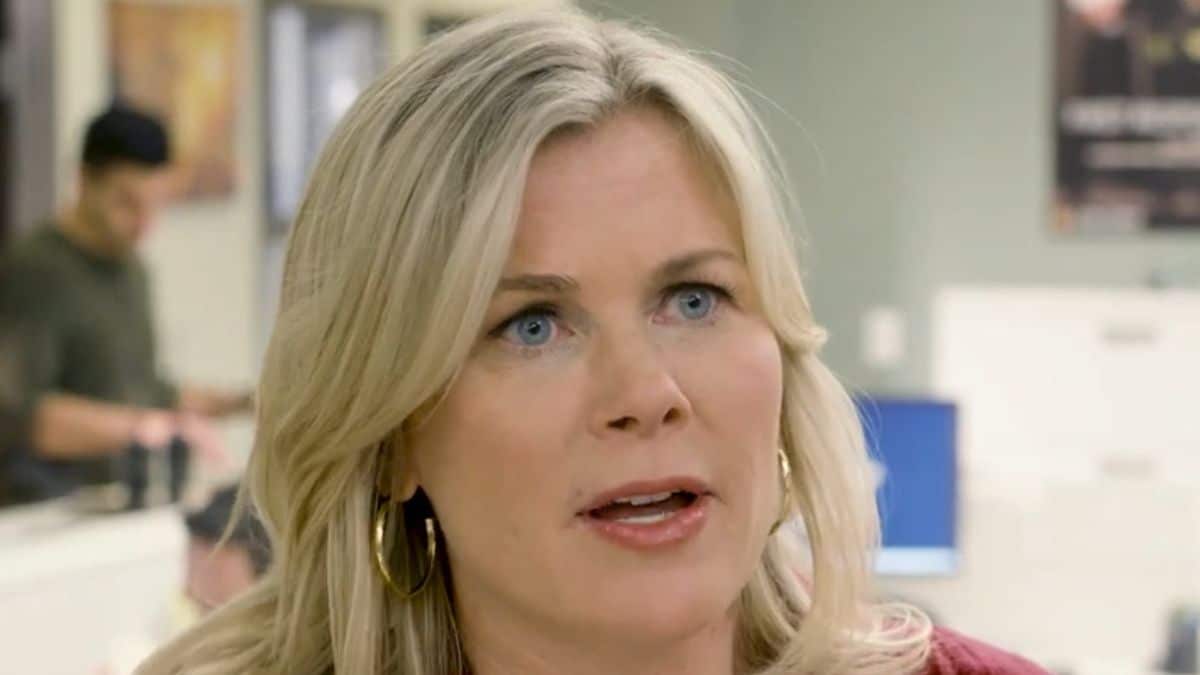

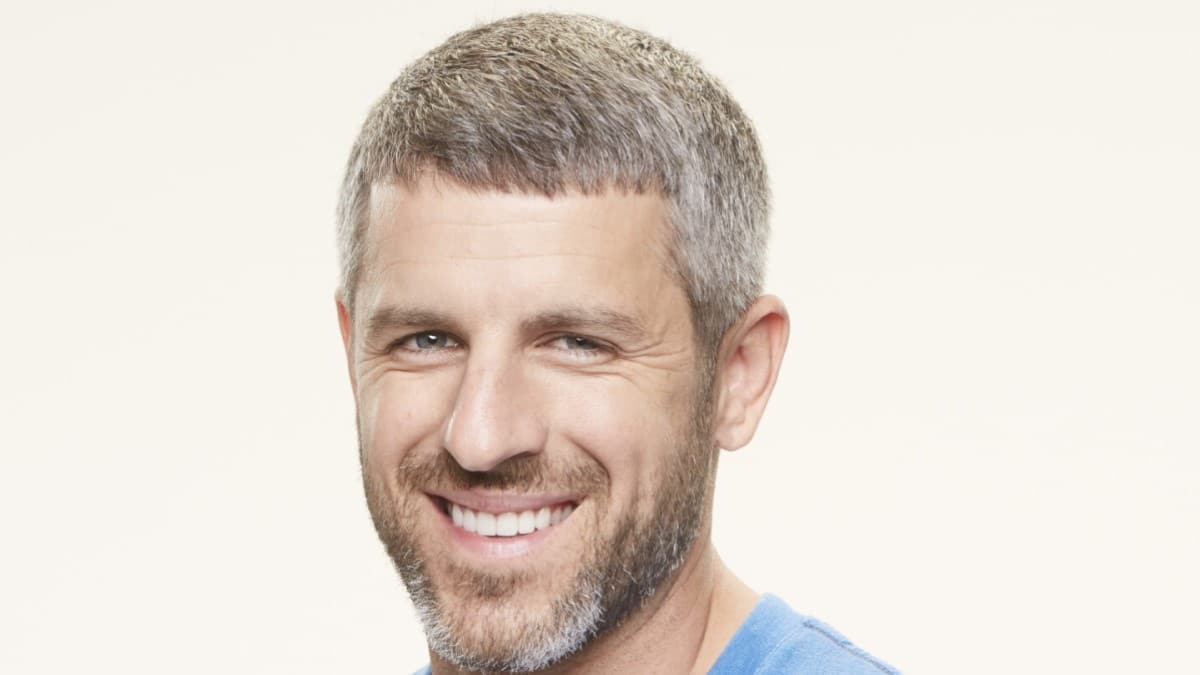







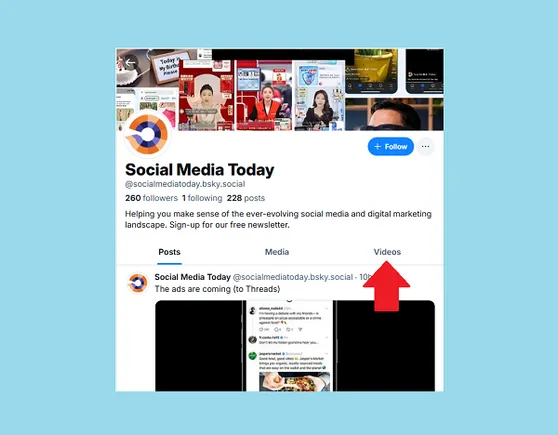
![How Will AI Impact the Global Workforce? [Infographic] How Will AI Impact the Global Workforce? [Infographic]](https://imgproxy.divecdn.com/vhdGY5213MhIJV6-NnwNGwlYkeRCW5mkaDQGgpKM3Qs/g:ce/rs:fit:770:435/Z3M6Ly9kaXZlc2l0ZS1zdG9yYWdlL2RpdmVpbWFnZS9haV9qb2JzX2luZm9fMi5wbmc=.webp)
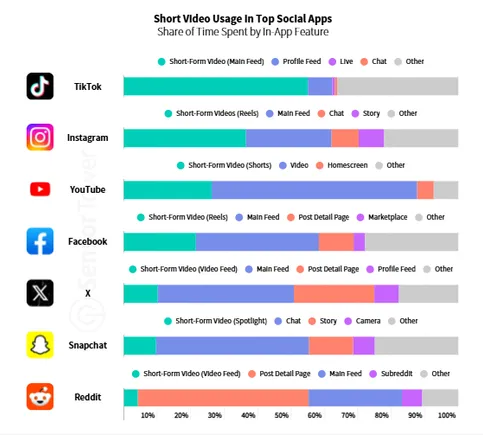
![LinkedIn Shares Data on In-Demand Skills for Marketers [Infographic] LinkedIn Shares Data on In-Demand Skills for Marketers [Infographic]](https://imgproxy.divecdn.com/zMbngFHDMAQdOuk7-FK5eSqQ-bYj9Kyqki-xmPgH4I8/g:ce/rs:fit:770:435/Z3M6Ly9kaXZlc2l0ZS1zdG9yYWdlL2RpdmVpbWFnZS9saW5rZWRpbl9mYWxsX2pvYnNfb3V0bG9vazIucG5n.webp)
